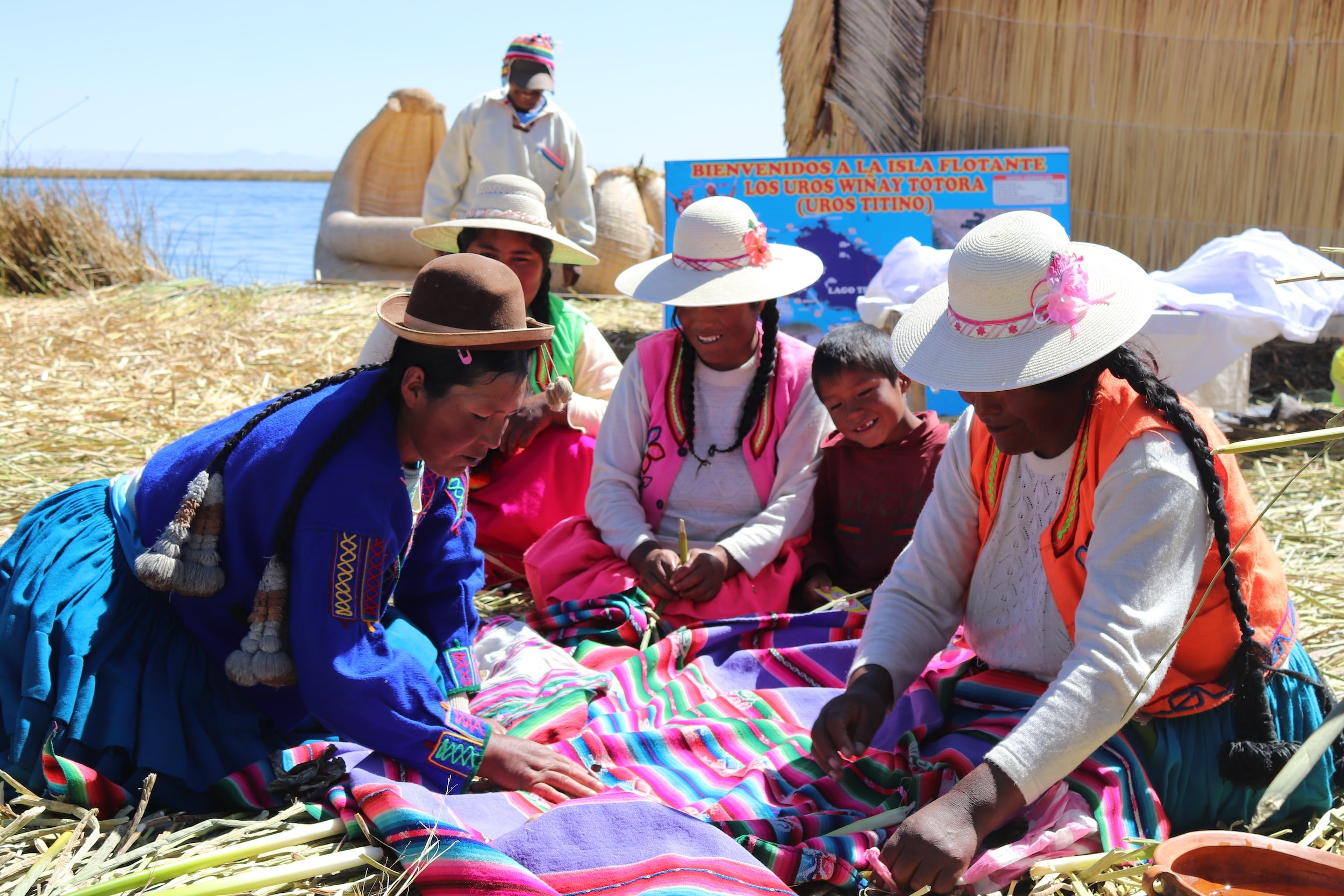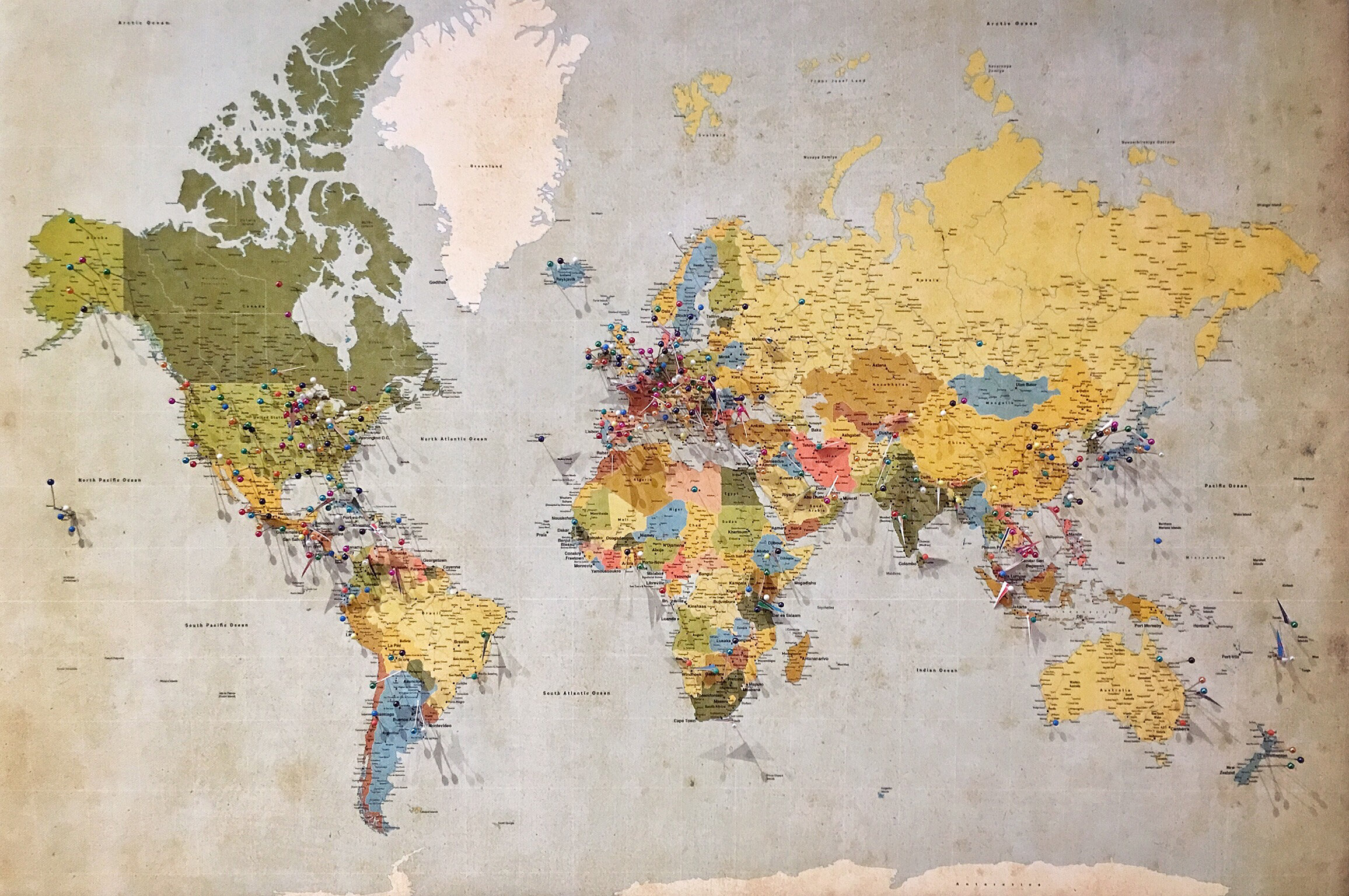Did you know that the journal "Research Ethics" is open access?
Research Ethics is one of SAGE's fully open-access journals. You can access all of the issues, from 2000 to the present, at the journal's site. The journal description states:
Research Ethics is aimed at all readers and authors interested in ethical issues in the conduct of research, the regulation of research, the procedures and process of ethical review as well as broader ethical issues related to research such as scientific integrity and the end uses of research.
Research Ethics provides a platform for sharing experiences and analysis of ethical issues that are related to the design, conduct, impact and oversight of research. Through open and transparent narrative and analysis of ethical issues in research, it serves to raise awareness, challenge assumptions and help find solutions for complex ethical issues.
Learn more about the journal, in this Methodspace interview with Kate Chatfield, editor of the Research Ethics journal.
Read some of the most-read and most-cited articles from Research Ethics
This selection of articles illustrates the diverse, multi-disciplinary topics covered in the journal. Stay up to date with new issues by following the journal on Twitter @Research_Ethics.
Chappell, R. Y., & Singer, P. (2020). Pandemic ethics: the case for risky research. Research Ethics, 16(3–4), 1–8. https://doi.org/10.1177/1747016120931920
There is too much that we do not know about COVID-19. The longer we take to find it out, the more lives will be lost. In this paper, we will defend a principle of risk parity: if it is permissible to expose some members of society (e.g. health workers or the economically vulnerable) to a certain level of ex ante risk in order to minimize overall harm from the virus, then it is permissible to expose fully informed volunteers to a comparable level of risk in the context of promising research into the virus. We apply this principle to three examples of risky research: skipping animal trials for promising treatments, human challenge trials to speed up vaccine development, and low-dose controlled infection or “variolation.” We conclude that if volunteers, fully informed about the risks, are willing to help fight the pandemic by aiding promising research, there are strong moral reasons to gratefully accept their help. To refuse it would implicitly subject others to still graver risks.
Datta, R. (2018). Decolonizing both researcher and research and its effectiveness in Indigenous research. Research Ethics, 14(2), 1–24. https://doi.org/10.1177/1747016117733296
Abstract. How does one decolonize and reclaim the meanings of research and researcher, particularly in the context of Western research? Indigenous communities have long experienced oppression by Western researchers. Is it possible to build a collaborative research knowledge that is culturally appropriate, respectful, honoring, and careful of the Indigenous community? What are the challenges in Western research, researchers, and Western university methodology research training? How have ‘studies’ – critical anti-racist theory and practice, cross-cultural research methodology, critical perspectives on environmental justice, and land-based education – been incorporated into the university to disallow dissent? What can be done against this disallowance? According to Eve Tuck and K Wayne Yang’s (2012) suggestion, this article did not use the concept of decolonization as a substitute for ‘human rights’ or ‘social justice’, but as a demand of an Indigenous framework and a centering of Indigenous land, Indigenous sovereignty and Indigenous ways of thinking. This article discusses why both research and researcher increasingly require decolonization so that research can create a positive impact on the participants’ community, and conduct research ethically. This article is my personal decolonization and reclaiming story from 15 years of teaching, research and service activities with various Indigenous communities in various parts of the world. It presents a number of case studies of an intervention research project to exemplify the challenges in Western research training, and how decolonizing research training attempts to not only reclaim participants’ rights in the research but also to empower the researcher. I conclude by arguing that decolonizing research training creates more empathetic educators and researchers, transforming us for participants, and demonstrating how we can take responsibility for our research.
Klar, R., & Lanzerath, D. (2020). The ethics of COVID-19 tracking apps – challenges and voluntariness. Research Ethics, 16(3–4), 1–9. https://doi.org/10.1177/1747016120943622
Abstract. As COVID-19 continues to spread, a variety of COVID-19 tracking apps (CTAs) have been introduced to help contain the pandemic. Deployment of this technology poses serious challenges of effectiveness, technological problems and risks to privacy and equity. The ethical use of CTAs depends heavily on the protection of voluntariness. Voluntary use of CTAs implies not only the absence of a legal obligation to employ the app but also the absence of more subtle forms of coercion such as enforced exclusion from certain social and work activities. The protection of individual rights to voluntary use can be enhanced through an ethics by design approach in the development of CTAs that treat the introduction of CTAs for what it is: a complete novelty that is being tested for the first time in democracies.
Paruzel-Czachura, M., Baran, L., & Spendel, Z. (2020). Publish or be ethical? Publishing pressure and scientific misconduct in research. Research Ethics. https://doi.org/10.1177/1747016120980562
The paper reports two studies exploring the relationship between scholars’ self-reported publication pressure and their self-reported scientific misconduct in research. In Study 1 the participants (N = 423) were scholars representing various disciplines from one big university in Poland. In Study 2 the participants (N = 31) were exclusively members of the management, such as dean, director, etc. from the same university. In Study 1 the most common reported form of scientific misconduct was honorary authorship. The majority of researchers (71%) reported that they had not violated ethical standards in the past; 3% admitted to scientific misconduct; 51% reported being were aware of colleagues’ scientific misconduct. A small positive correlation between perceived publication pressure and intention to engage in scientific misconduct in the future was found. In Study 2 more than half of the management (52%) reported being aware of researchers’ dishonest practices, the most frequent one of these being honorary authorship. As many as 71% of the participants report observing publication pressure in their subordinates. The primary conclusions are: (1) most scholars are convinced of their morality and predict that they will behave morally in the future; (2) scientific misconduct, particularly minor offenses such as honorary authorship, is frequently observed both by researchers (particularly in their colleagues) and by their managers; (3) researchers experiencing publication pressure report a willingness to engage in scientific misconduct in the future.
Sugiura, L., Wiles, R., & Pope, C. (2017). Ethical challenges in online research: Public/private perceptions. Research Ethics, 13(3–4), 184–199. https://doi.org/10.1177/1747016116650720
Abstract. With its wealth of readily and often publicly available information about Web users’ lives, the Web has created new opportunities for conducting online research. Although digital data are easily accessible, ethical guidelines are inconsistent about how researchers should use them. Some academics claim that traditional ethical principles are sufficient and applicable to online research. However, the Web poses new challenges that compel researchers to reconsider concerns of consent, privacy and anonymity. Based on doctoral research into the investigation of online medicine purchasing, this article presents a case study involving online forums, and reviews the existing ethical guidance surrounding the Web. The suggestion is that new ethical guidelines, particularly in relation to informed consent and participants’ own perceptions of what is public or private, are needed owing to the unique challenges of online research.
Taylor, J., & Pagliari, C. (2018). Mining social media data: How are research sponsors and researchers addressing the ethical challenges? Research Ethics, 14(2), 1–39. https://doi.org/10.1177/1747016117738559
Abstract. Data representing people’s behaviour, attitudes, feelings and relationships are increasingly being harvested from social media platforms and re-used for research purposes. This can be ethically problematic, even where such data exist in the public domain. We set out to explore how the academic community is addressing these challenges by analysing a national corpus of research ethics guidelines and published studies in one interdisciplinary research area.
Our findings point to a deficit in ethical guidance for research involving data extracted from social media. Given the growth of studies using these new forms of data, there is a pressing need to raise awareness of their ethical challenges and provide actionable recommendations for ethical research practice.



























Informed consent is the term given to the agreement between researcher and participant. In this post Janet Salmons offers suggestions about the intersections of the Internet communications, ethics and participants.